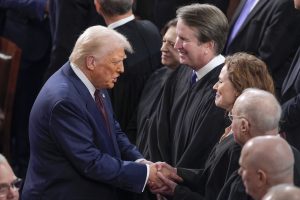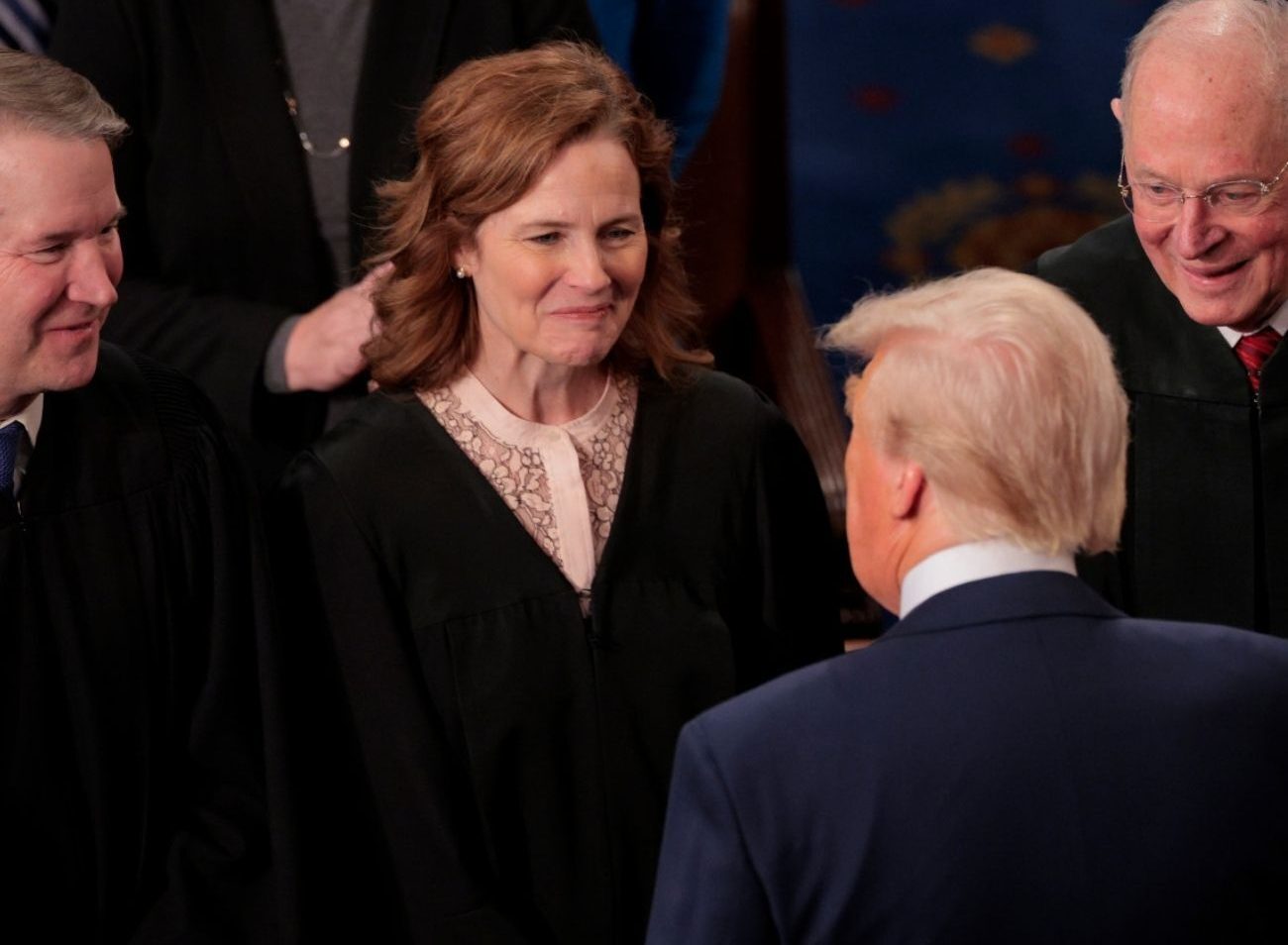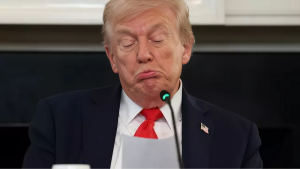Democratic voting rights organizations are raising urgent alarms as the Supreme Court prepares to rehear Louisiana v. Callais on October 15, a case that could dramatically reshape congressional representation and weaken a key provision of the Voting Rights Act (VRA). Voting rights advocates warn that the potential elimination of Section 2 could deliver a significant political advantage to Republican-controlled legislatures ahead of the next election cycle.
Section 2 of the Voting Rights Act has long served as a cornerstone of American civil rights, prohibiting racial gerrymandering and ensuring that minority communities have a fair opportunity to elect representatives of their choice. Two prominent advocacy groups, Fair Fight Action and the Black Voters Matter Fund, recently released a report highlighting the potential consequences of a Supreme Court decision that undermines Section 2. According to their analysis, the GOP could redraw as many as 19 congressional districts in its favor, potentially securing long-term control of the House of Representatives.
“This would clear the path for a one-party system where power serves the powerful and silences the people,” warned LaTosha Brown, co-founder of the Black Voters Matter Fund. The report notes that eliminating Section 2 protections could threaten up to 30 percent of the Congressional Black Caucus and 11 percent of the Congressional Hispanic Caucus, potentially removing members from districts they currently represent.
Republican Efforts and Perspective
For years, Republicans have argued that Section 2 gives Democrats an unfair advantage by requiring districts to be drawn based on racial composition rather than purely population or geographic considerations. GOP lawmakers and legal advocates have pushed to limit Section 2, claiming it is outdated and often used for partisan gain. While previous challenges to Section 2 have failed, voting rights groups are increasingly concerned that the current Supreme Court, with its 6–3 conservative majority, may be willing to revisit precedent.
Fair Fight Action CEO Lauren Groh-Wargo emphasized the stakes, stating that further weakening of the VRA would inflict “permanent damage” on minority representation and American democracy. She called on Democrats to “play offense — aggressively redraw maps wherever possible, focus relentlessly on taking back Congress, and be ready to use that power to pass real pro-democracy legislation and hold this corrupted Court accountable.”
Potential Electoral Impact
Although a ruling in time for the next midterm elections is uncertain, election law experts believe it is possible. The report identifies a total of 27 congressional seats nationwide that could be redrawn to favor Republicans, with 19 of those directly dependent on Section 2 being struck down.
States in the South are expected to see the most dramatic changes. In Alabama, South Carolina, Tennessee, and Mississippi, Democratic incumbents could be drawn out of office entirely. Louisiana, Georgia, North Carolina, Texas, and Florida may retain at least one Democratic seat, but overall delegations are projected to shrink substantially.
Republicans have already begun redistricting efforts in several states, a practice typically reserved for post-census years. These mid-cycle redraws, though rare, have already yielded six additional GOP-leaning districts across two states, demonstrating the party’s readiness to capitalize on any favorable Supreme Court ruling. Analysts predict that momentum could grow if Section 2 protections are curtailed, allowing GOP-controlled legislatures to solidify their advantage nationwide.
Democratic Response and Legal Challenges
Democratic lawmakers and voting rights organizations are calling for an “aggressive and immediate” response, both legally and politically, to counteract ongoing Republican redistricting maneuvers. Strategies include litigation, advocacy, and public awareness campaigns aimed at preserving fair representation and ensuring that minority voters maintain their influence in elections.
Experts warn that a Supreme Court decision weakening or eliminating Section 2 could fundamentally alter the balance of power in Congress. Such a ruling would not only reduce the number of minority representatives but also shift political control toward Republicans, potentially influencing policy, federal spending, and legislation for years to come.
Broader Implications for American Democracy
The potential weakening of the Voting Rights Act raises serious concerns about the future of minority representation and electoral fairness in the United States. Section 2 has long been instrumental in protecting communities from racial gerrymandering, ensuring that all voters—regardless of race—have a fair opportunity to influence elections. Removing or narrowing these protections could embolden further partisan gerrymandering, undermining public trust in the democratic process.
Advocates argue that the stakes extend beyond individual elections. A ruling against Section 2 could encourage attempts to manipulate electoral outcomes nationwide, disproportionately affecting minority communities and eroding confidence in representative democracy. The coming Supreme Court decision may serve as a precedent with long-lasting consequences for how congressional districts are drawn and how minority voices are represented in government.
Conclusion
As the Supreme Court prepares to rehear Louisiana v. Callais, the nation watches closely. A decision eliminating or significantly narrowing Section 2 of the Voting Rights Act could allow Republicans to redraw congressional maps in ways that favor their party, potentially flipping up to 19 seats in the House and altering the composition of minority representation.
Democrats and voting rights organizations are preparing to fight back, urging legal challenges and political mobilization to preserve the VRA and ensure equitable representation for all communities. The implications of this case are profound, touching not only the 2026 midterm elections but also the long-term integrity of American democracy.
The coming weeks will determine whether the Supreme Court protects one of the nation’s most critical civil rights laws or opens the door to a new era of partisan advantage that could reshape Congress and dilute minority voices across the country.

James Jenkins is a celebrated Pulitzer Prize-winning author whose work has reshaped the way readers think about social justice and human rights in America. Raised in Atlanta, Georgia, James grew up in a community that instilled in him both resilience and a strong sense of responsibility toward others. After studying political science and creative writing at Howard University, he worked as a journalist covering civil rights issues before dedicating himself fully to fiction. His novels are known for their sharp, empathetic portraits of marginalized communities and for weaving personal stories with broader political realities. Jenkins’s breakout novel, Shadows of Freedom, won national acclaim for its unflinching look at systemic inequality, while his more recent works explore themes of identity, resilience, and the fight for dignity in the face of oppression. Beyond his novels, James is an active public speaker, lecturing at universities and participating in nonprofit initiatives that support literacy and community empowerment. He believes that storytelling is a way to preserve history and inspire change. When not writing, James enjoys jazz music, mentoring young writers, and traveling with his family to explore cultures and stories around the world.









